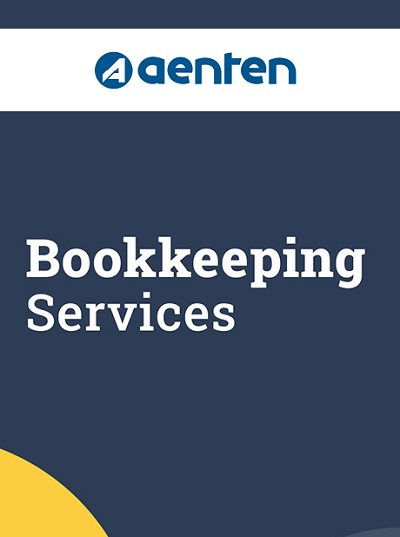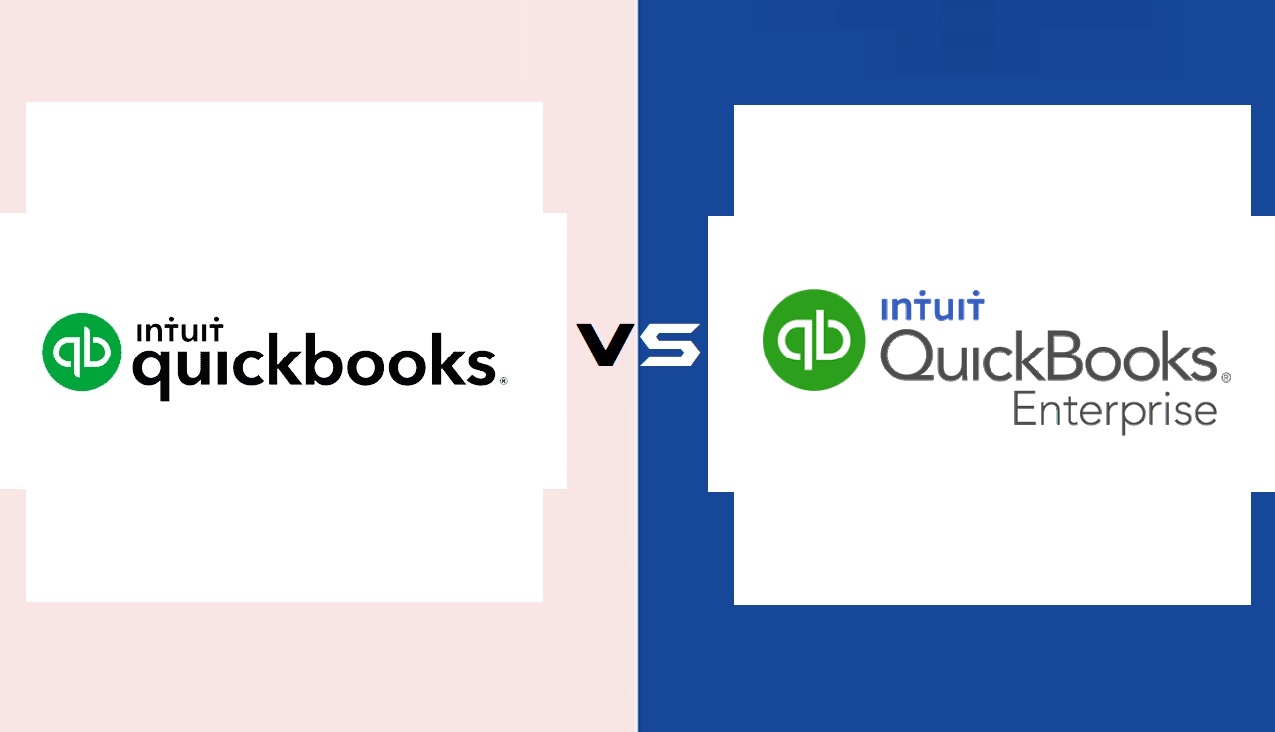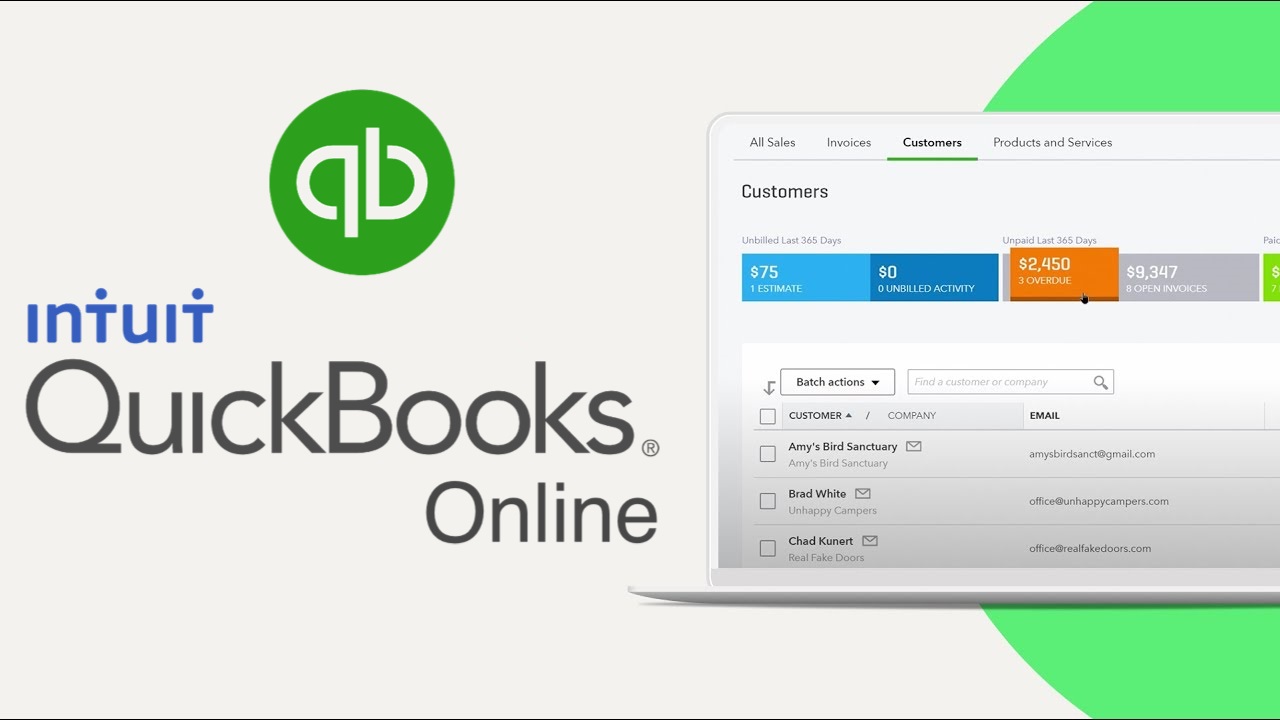As a small business owner, you may be wondering whether or not you need to hire an accountant to help with your finances. While some small business owners choose to handle their finances themselves, there are many benefits to working with an accountant. In this article, we will discuss what an accountant does for a small business and why you may want to consider hiring one.

What Does An Accountant Do for a Small Business?
- Bookkeeping
One of the primary responsibilities of an accountant is bookkeeping. Bookkeeping involves keeping track of all financial transactions for the business, including sales, expenses, and payments. An accountant can help with bookkeeping by setting up an accounting system, reconciling accounts, and generating financial statements.
- Tax preparation and planning
Another important responsibility of an accountant is tax preparation and planning. An accountant can help with tax preparation by preparing and filing tax returns, as well as by ensuring that the business is in compliance with all tax laws and regulations. They can also help with tax planning by offering advice on ways to minimize tax liability and take advantage of tax deductions and credits.
- Financial analysis
An accountant can also help with financial analysis by providing insights into the financial health of the business. This includes analyzing financial statements, identifying areas for improvement, and providing recommendations for improving cash flow, profitability, and efficiency.
- Payroll and employee benefits
An accountant can also help with payroll and employee benefits. They can ensure that the business is in compliance with all payroll laws and regulations, and they can help with payroll processing and reporting. They can also help with employee benefits, such as retirement plans and health insurance, by providing advice on plan options and managing plan enrollment and administration.
- Business advice and consulting
An accountant can also provide valuable business advice and consulting services. They can help with budgeting and forecasting, cash flow management, and financial planning. They can also provide guidance on business decisions, such as financing options and strategic planning.
- Auditing and assurance
An accountant can also provide auditing and assurance services. This includes auditing financial statements and providing assurance that the financial statements are accurate and reliable. They can also provide other assurance services, such as reviews and compilations of financial statements.
- Business structure and incorporation
An accountant can also help with business structure and incorporation. They can advise on the best legal structure for the business, such as a sole proprietorship, partnership, or corporation. They can also help with the incorporation process, including filing necessary paperwork and ensuring that the business is in compliance with all legal requirements.
Why hire an accountant for your small business?
There are many benefits to hiring an accountant for your small business. Here are some of the main reasons why you may want to consider working with an accountant:
- Save time and reduce stress
Handling finances and taxes can be time-consuming and stressful, especially if you don’t have a background in accounting. By working with an accountant, you can save time and reduce stress by letting them handle the financial aspects of your business.
- Ensure compliance with tax laws and regulations
Tax laws and regulations can be complex and confusing, and it’s important to ensure that your business is in compliance with all applicable laws and regulations. An accountant can help ensure that your business is in compliance with tax laws and regulations, and can help you avoid costly mistakes and penalties.
- Improve financial decision-making
An accountant can provide valuable insights into the financial health of your business, which can help you make better financial decisions. They can also provide advice and guidance on budgeting, forecasting, and financial planning, which can help you make strategic decisions for your business.
- Save money on taxes
An accountant can also help you save money on taxes by identifying tax deductions and credits that you may be eligible for. They can also provide advice on ways to minimize your tax liability, such as taking advantage of tax breaks and deferring income to future years.
- Improve cash flow management
An accountant can help you improve cash flow management by providing advice on ways to increase revenue, reduce expenses, and manage cash flow effectively. They can also provide insights into areas where you may be overspending or undercharging, and can help you develop a budget and cash flow plan that meets your business needs.
- Access to expertise and resources
By working with an accountant, you have access to their expertise and resources. This includes access to financial and accounting software, as well as access to industry knowledge and best practices. An accountant can also provide referrals to other professionals, such as attorneys and financial advisors, who can help you with other aspects of your business.
- Peace of mind
Finally, working with an accountant can provide you with peace of mind, knowing that your finances and taxes are being handled by a professional. This can help you focus on other aspects of your business, such as sales and marketing, and can give you confidence in the financial health of your business.
Also Read : How To Deal Small Business Taxes in California.
In conclusion, an accountant can provide a range of valuable services for small businesses, including bookkeeping, tax preparation and planning, financial analysis, payroll and employee benefits, business advice and consulting, auditing and assurance, and business structure and incorporation. By working with an accountant, small business owners can save time, reduce stress, ensure compliance with tax laws and regulations, improve financial decision-making, save money on taxes, improve cash flow management, access expertise and resources, and have peace of mind.




